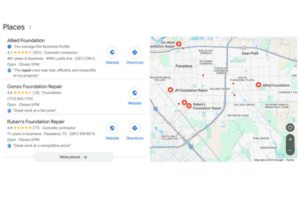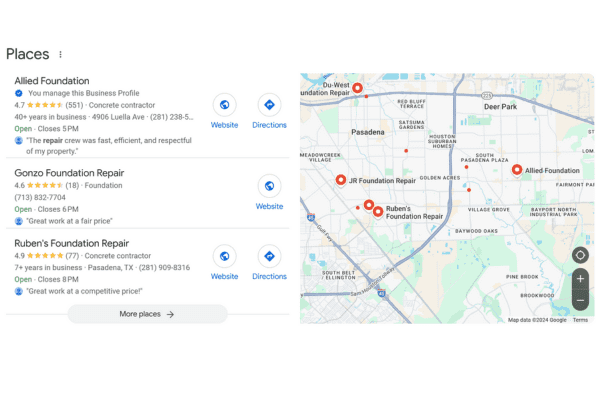Meta, formerly known as Facebook, has undergone a significant transformation in recent years. Mark Zuckerberg’s vision for the company has evolved beyond social networking, and the company has been making waves with its ambitious plans to shape the future of the internet. In this blog post, we will explore the latest changes and developments at Meta and what they mean for the company’s future and the digital landscape as a whole.
Rebranding From Facebook to Meta
One of the most notable changes is the company’s rebranding from Facebook to Meta in October 2021. This rebrand reflects the company’s shift towards building the metaverse, a collective virtual shared space where people can interact, work, and play. Mark Zuckerberg articulated his vision of the metaverse as a space that combines elements of the physical and digital worlds, offering new possibilities for social interaction, gaming, education, and beyond.
The Metaverse Vision
Meta’s primary focus is on creating a metaverse that transcends the limitations of current social media platforms. They envision a three-dimensional digital universe accessible through virtual and augmented reality devices, where users can create avatars, socialize, attend events, and conduct business. The company’s vision is grand, aiming to connect billions of people in this immersive digital space.
Meta Invests in Virtual Reality (VR)
Meta has invested heavily in virtual reality, with its Oculus brand leading the charge. The Oculus Quest 2, released in 2020, became the most popular VR headset worldwide, making VR more accessible to the masses. Meta aims to make VR an essential part of daily life, from work and education to entertainment and socializing.
Meta – The Horizon Platform
Meta is developing Horizon Workrooms, a platform designed for remote work and collaboration in VR. It allows users to meet in virtual environments, making remote work more engaging and interactive. This platform is part of Meta’s effort to revolutionize how we work and communicate, creating new possibilities for collaboration across distances.
How Meta is Creating Advancements in AI and AR
Artificial intelligence (AI) and augmented reality (AR) are pivotal in Meta’s metaverse vision. They plan to leverage AI for natural language processing and computer vision to create realistic avatars and environments. AR, as seen in products like the Ray-Ban Stories smart glasses, will play a significant role in blending the physical and digital worlds.
Concerns and Challenges For Meta
While Meta’s vision is exciting, it also raises important concerns. Privacy, security, data ownership, and the potential for monopolistic control over the metaverse are all issues that need careful consideration. Meta faces ongoing scrutiny from regulators and privacy advocates, with the company navigating a complex landscape of regulations and public perception.
The Metaverse Ecosystem
Meta has also been investing in building an ecosystem for the metaverse. They have been partnering with developers, content creators, and businesses to populate the metaverse with experiences and services. Meta’s acquisition of companies like Beat Games, the creator of Beat Saber, highlights its commitment to expanding the metaverse’s content and entertainment offerings.
Meta’s transformation from Facebook to a company focused on the metaverse represents a seismic shift in the tech industry. Their vision for the metaverse promises exciting possibilities for the future of work, play, and social interaction. However, it also presents significant challenges, particularly concerning privacy, regulation, and competition.
The coming years will be critical in determining how Meta navigates these challenges and whether their vision for the metaverse becomes a reality. As the company continues to make strides in virtual reality, augmented reality, and AI, the digital landscape will undoubtedly evolve, offering both opportunities and potential pitfalls for users, developers, and society as a whole.















